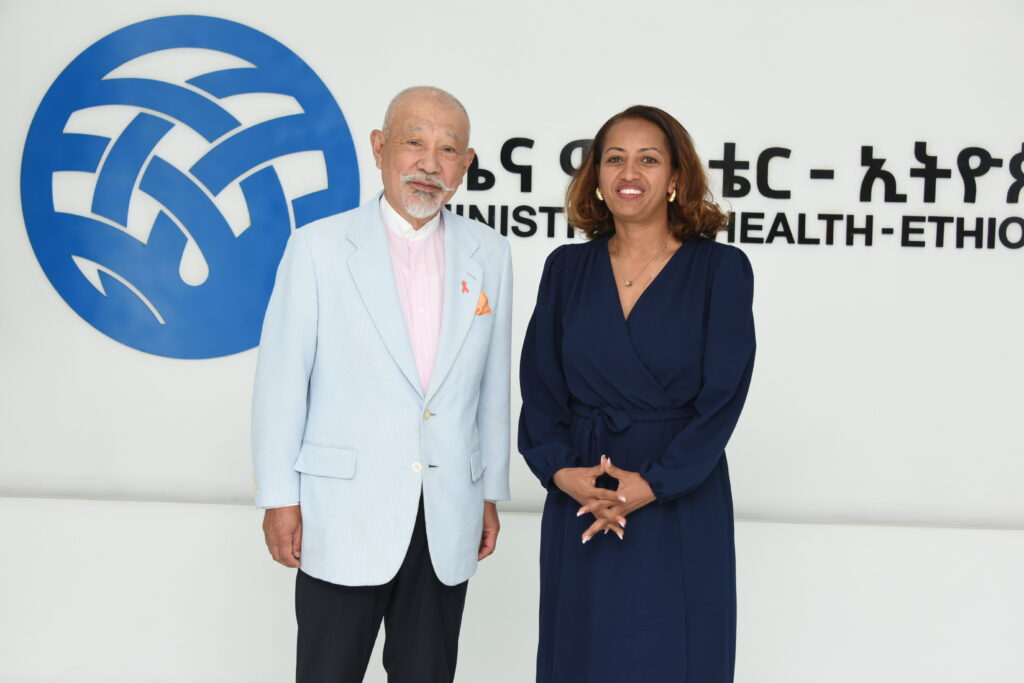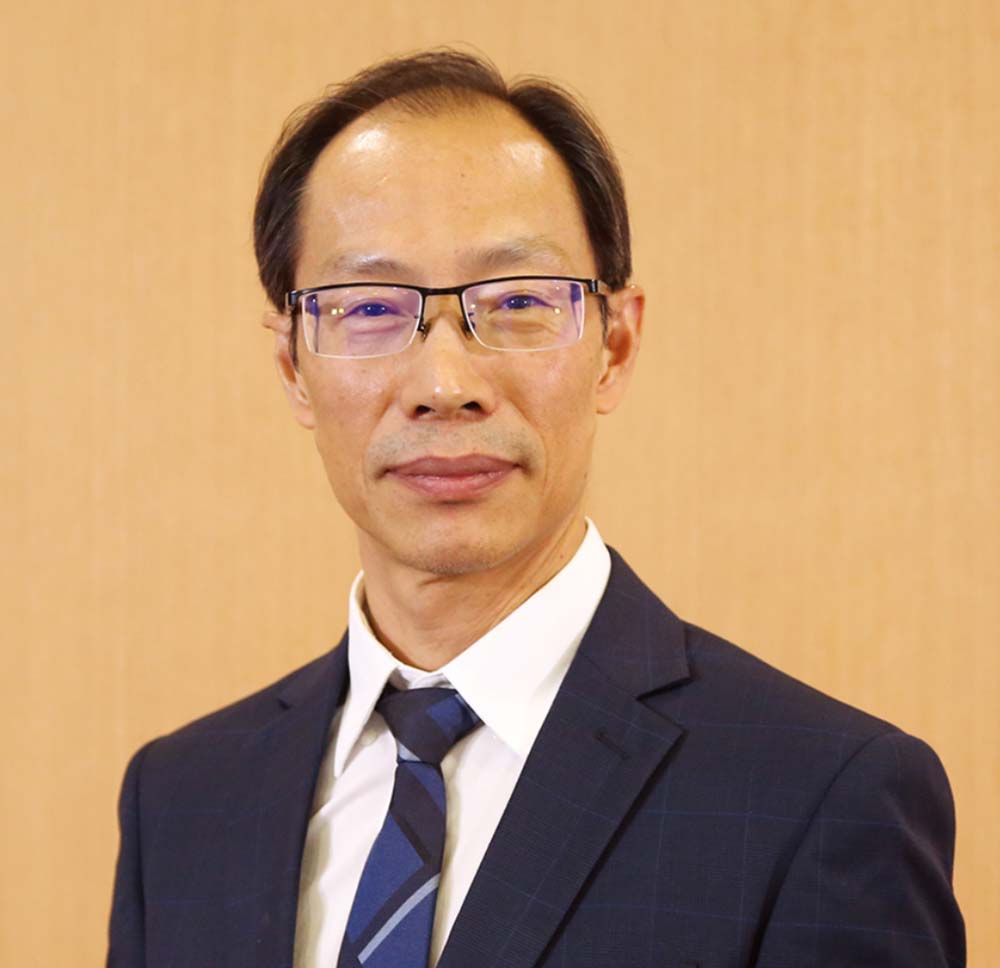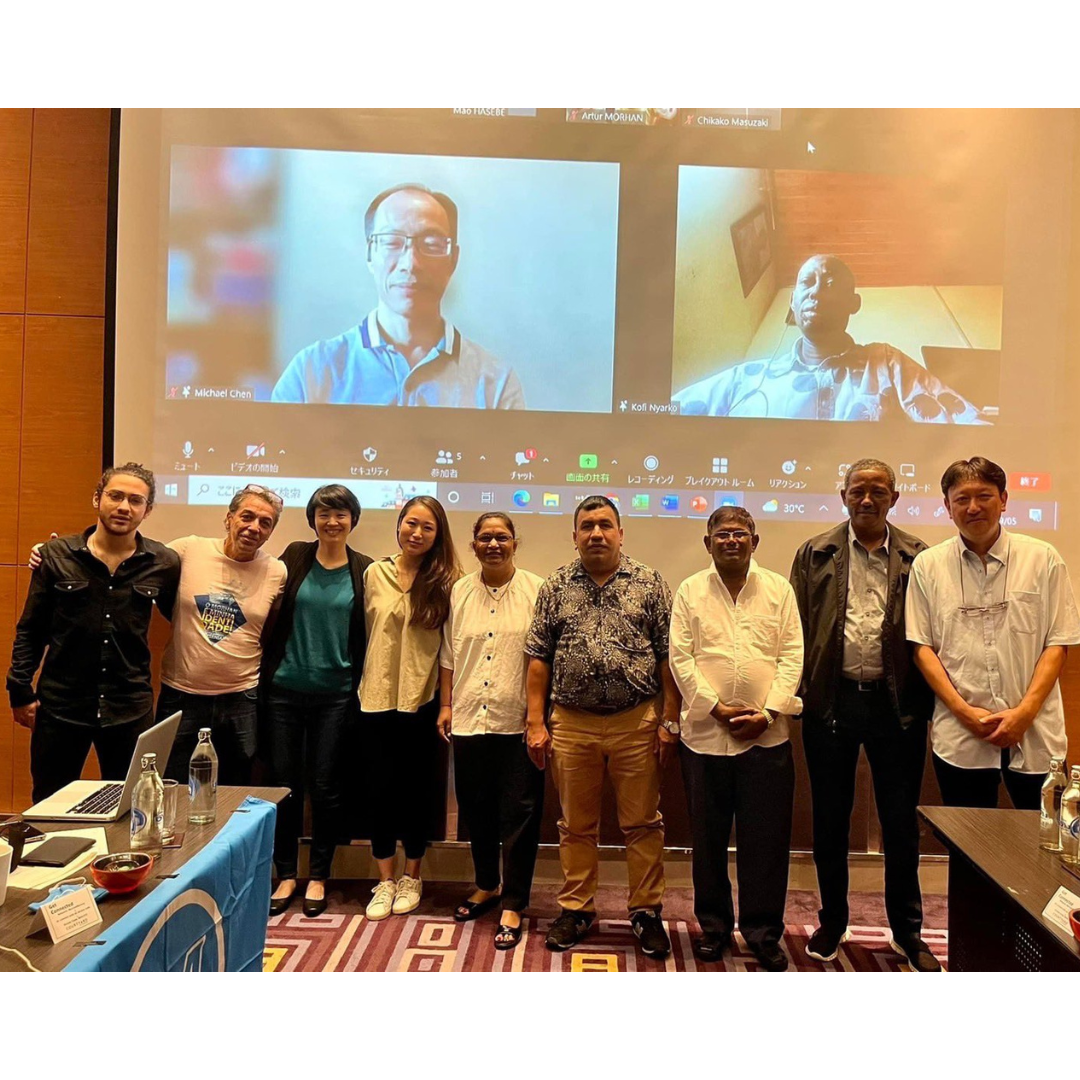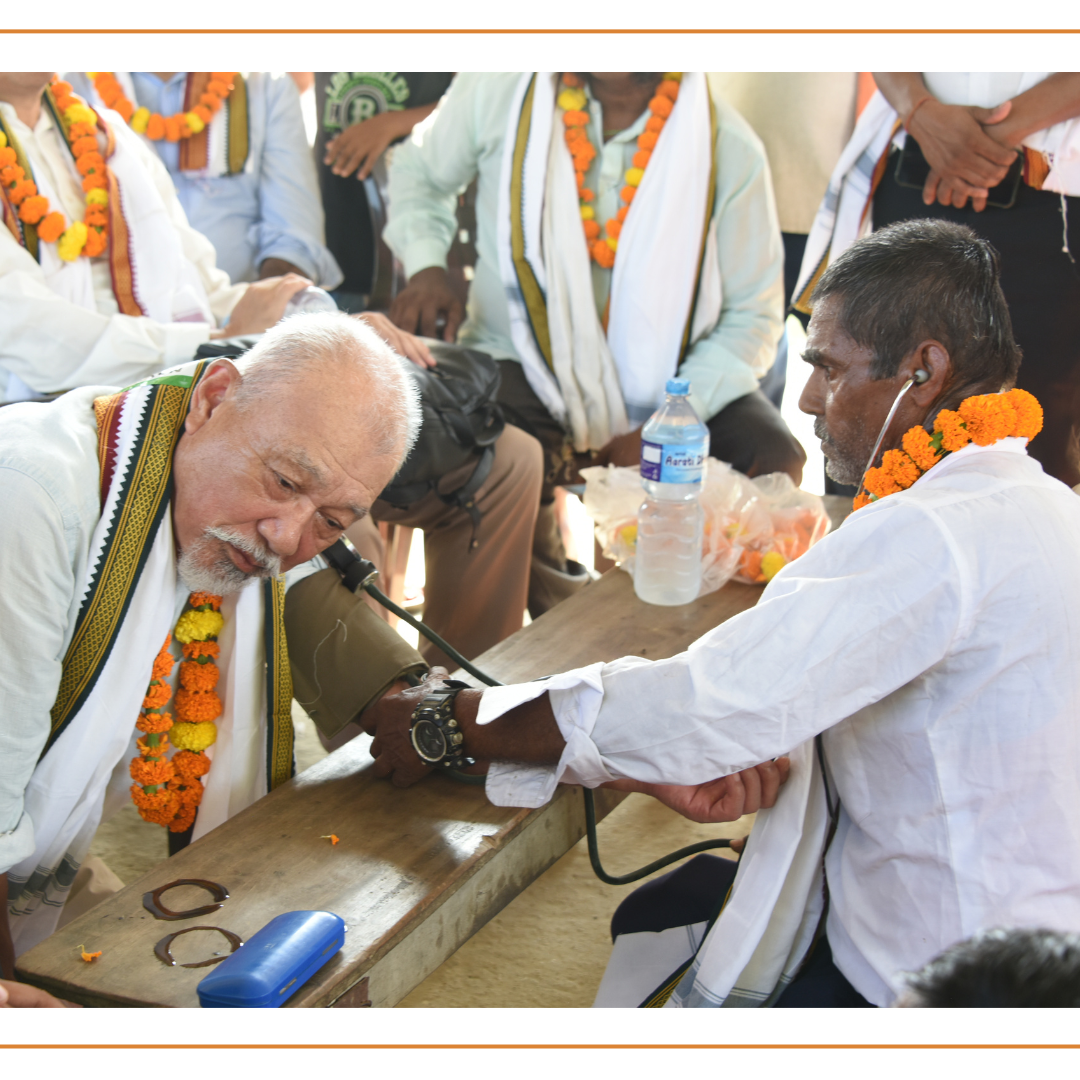
During the COVID-19 pandemic, when leprosy elimination activities stalled worldwide, the negative effects in Africa were especially severe. In many places on the continent, affected persons cannot receive diagnosis or treatment, and unjust discrimination against persons affected by leprosy and their family members continues. I climbed Africa’s highest mountain, Mount Kilimanjaro, in February of this year to call attention to these facts.
Of the 23 countries designated “global priority” by the World Health Organization (WHO), 13 are in Africa. I want to hold an “Africa Zero Leprosy Conference” to obtain commitments from the health ministers of these endemic countries and to encourage discussion among government officials, people’s organizations, NGOs, research institutions, and international organizations about how to achieve zero leprosy.
At the most recent World Health Assembly, I received endorsement for the conference idea from WHO Director-General Dr. Tedros Adhanom Ghebreyesus; the African Union’s Commissioner for Health, Humanitarian Affairs and Social Development, Ms. Minata Samate Cessouma; and various health ministers. In July, I met with Ethiopia’s Minister of Health Dr. Mekdes Daba and Minister of Women and Social Affairs Dr. Ergogie Tesfaye to secure the government’s approval to hold the conference in Addis Ababa in early 2025. The program for the conference will be finalized through working-level meetings that will include representatives from people’s organizations of persons affected by leprosy.
As the WHO Goodwill Ambassador for Leprosy Elimination, I hope and expect that this conference will generate momentum for achieving a leprosy-free Africa. I would be grateful for the cooperation of all relevant parties.

Yohei Sasakawa
WHO Goodwill Ambassador for Leprosy Elimination









